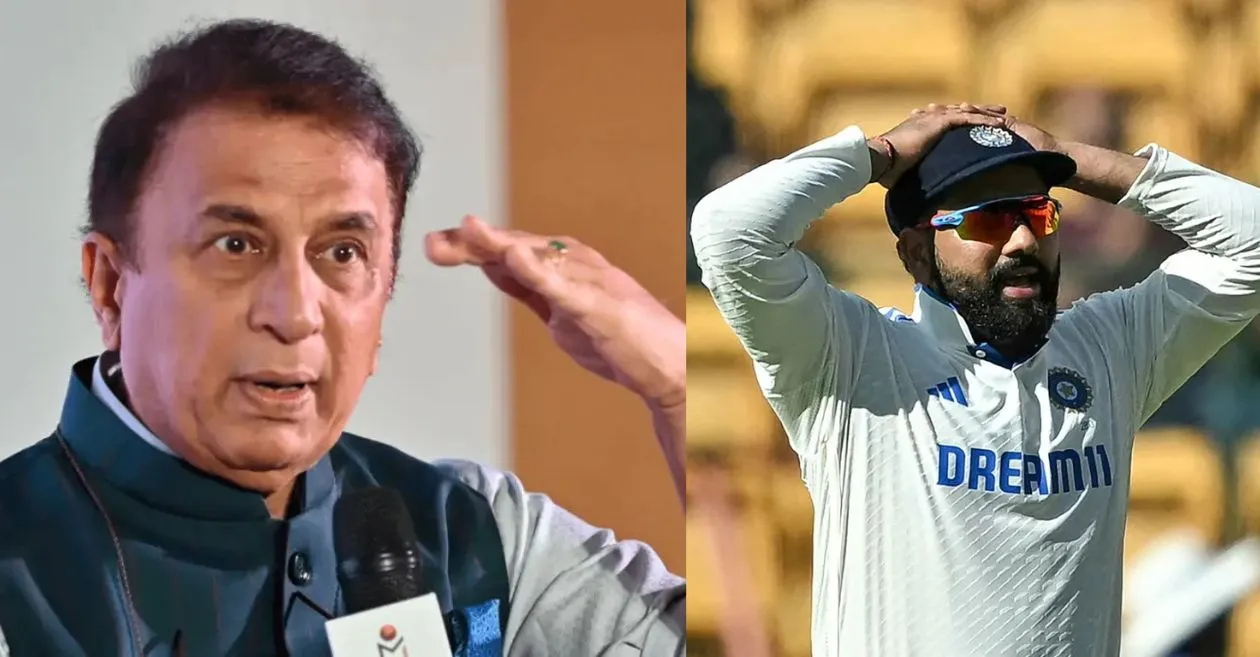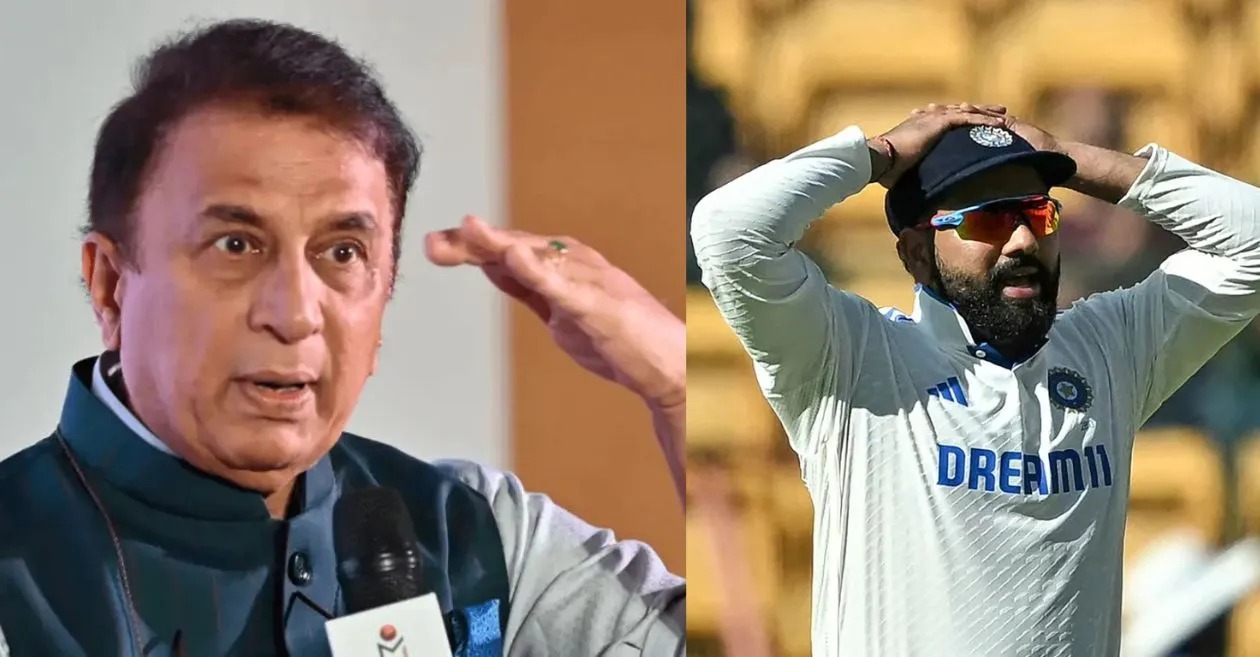Physical Address
304 North Cardinal St.
Dorchester Center, MA 02124
Physical Address
304 North Cardinal St.
Dorchester Center, MA 02124


The legendary Sunil Gavaskar has urged the Board of Control for Cricket in India (BCCI) selectors to appoint a new captain for the upcoming Test series against Australia if Rohit Sharma is unavailable for a significant portion of the matches. With reports suggesting that Rohit may miss the first two Tests due to personal reasons, including the expectation of his second child, Gavaskar believes that clarity and stability are essential for the team’s success.
Gavaskar emphasized the importance of having a consistent leader at the helm, especially following India’s recent 3-0 defeat to New Zealand.
“It will not be easy for him to take the responsibility of captaincy again. We have been reading that Rohit Sharma will not play in the first Test, perhaps he will not play in the second as well. If this is the case then I say that right now the Indian selection committee should say that you have to rest, rest, if there are personal reasons then look at them,” Indian legend told Sports Tak in an interview.
This sentiment reflects a broader understanding that a captain’s presence is crucial not just for tactical decisions but also for maintaining team morale and unity. If Rohit is unable to lead from the front, Gavaskar had advocated for vice-captain Jasprit Bumrah to take charge throughout the series. He argued that this would alleviate the pressure on Bumrah, who would otherwise be thrust into leadership mid-series under challenging circumstances.
“It is important for the captain to play the first Test. If he gets injured then it is a different matter. In such a situation, if your leader is not available in the first match, then appointing a deputy leader, the pressure that builds on him is a different kind of pressure,” Gavaskar added.
The upcoming Border-Gavaskar Trophy series, commencing on November 22 in Perth, holds significant implications for India’s standing in the World Test Championship (WTC). Following their recent loss to New Zealand, India find themselves in a precarious position, needing to secure four wins from five Tests against Australia to keep their hopes alive for a spot in the WTC final. Gavaskar pointed out that “there should be clarity” regarding leadership roles as the team navigates this critical juncture. The pressure of performing in Australia, particularly after a dismal home series, adds another layer of complexity.
Gavaskar’s insights extend beyond mere logistics; they delve into the psychological aspects of captaincy. He noted that “the captain has to unite the team,” especially after a rare home defeat. A captain’s ability to foster camaraderie and focus among players can be pivotal in high-pressure situations. With several players facing scrutiny following poor performances against New Zealand, having a steady leader could help mitigate doubts and enhance performance.
“If you are missing two-thirds of the matches then you should go for this tour only as a player. We will make the vice-captain the captain of this tour. Because there should be clarity. It is the responsibility of the captain because when we lost 3-0 here, it is important to have a captain. Absolutely necessary,” Gavaskar explained.
As India prepares for this challenging series against a formidable Australian side, they must also contend with their own batting concerns. Rohit’s uncertain status only exacerbates these worries. The team has historically performed well in Australia, but they will need to adapt quickly to conditions and build on past experiences to succeed this time around.